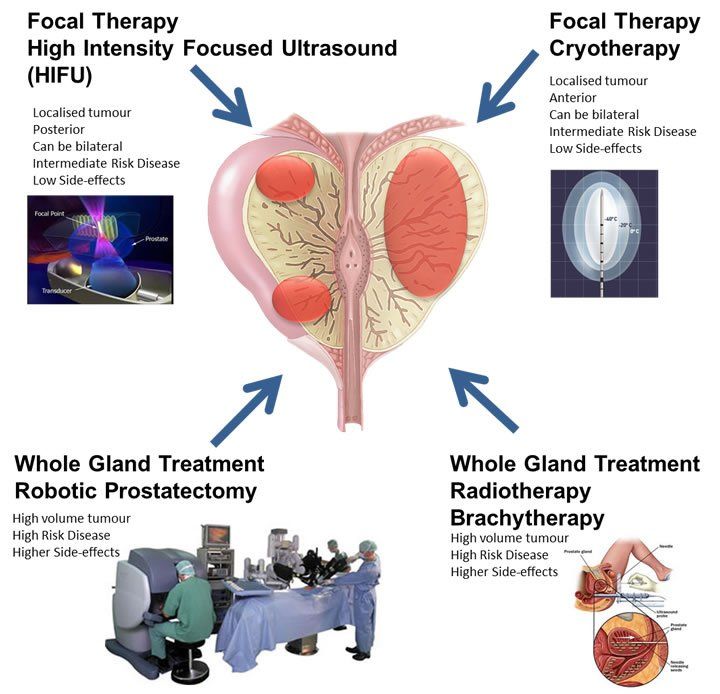Prostate health is a crucial aspect of men’s overall well-being, yet it is often overlooked or ignored. Regular screening and awareness of treatment options are essential in maintaining a healthy prostate and preventing serious conditions such as prostate cancer. In this article, we will delve into the importance of prostate health, the screening process, and various treatment options available for those diagnosed with prostate issues.
The Importance of Prostate Health
The prostate is a small gland located below the bladder and in front of the rectum in men. It plays a crucial role in the reproductive system by producing fluid that nourishes and protects sperm. Maintaining a healthy prostate is vital for normal sexual function and overall well-being.
As men age, the risk of developing prostate issues increases. The most common condition affecting the prostate is benign prostatic hyperplasia (BPH), which causes the gland to enlarge and can lead to urinary problems. Prostate cancer is another serious concern, with one in eight men being diagnosed in their lifetime.
Screening for Prostate Health
Early detection is key in successfully treating prostate issues, which is why regular screenings are crucial. The most common screening tool for prostate cancer is the prostate-specific antigen (PSA) test, which measures the levels of a protein produced by the prostate in the blood.
It is recommended that men discuss the benefits and risks of prostate cancer screening with their healthcare provider to determine if it is necessary based on their age, family history, and overall health. Screening guidelines may vary, but generally, men between the ages of 55 and 69 should consider regular PSA testing.
Treatment Options for Prostate Issues
Depending on the diagnosis, there are several treatment options available for prostate issues. For BPH, lifestyle changes such as dietary modifications, increased physical activity, and medication can help manage symptoms. In more severe cases, minimally invasive procedures or surgery may be recommended to alleviate symptoms and improve quality of life.
For prostate cancer, treatment options may include active surveillance, radiation therapy, chemotherapy, hormone therapy, or surgery. The choice of treatment will depend on various factors such as the stage of cancer, the patient’s overall health, and personal preferences.
Conclusion
Prostate health is a critical aspect of men’s overall well-being that should not be ignored. Regular screening for prostate issues and awareness of treatment options are essential in maintaining a healthy prostate and preventing serious conditions such as prostate cancer. By being proactive about prostate health, men can take control of their well-being and live a healthy and fulfilling life.
Remember, your health is your most valuable asset, so prioritize regular check-ups and screenings to ensure that your prostate remains healthy throughout your life.
Stay informed and take control of your prostate health today!
